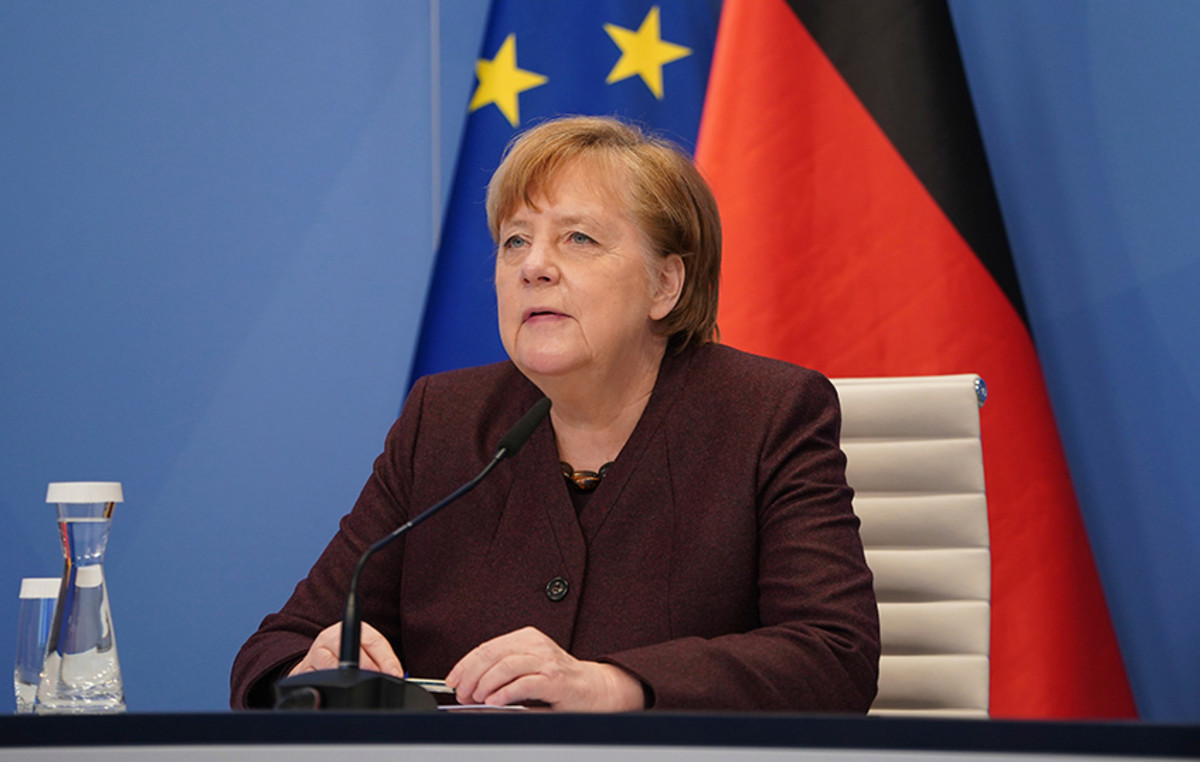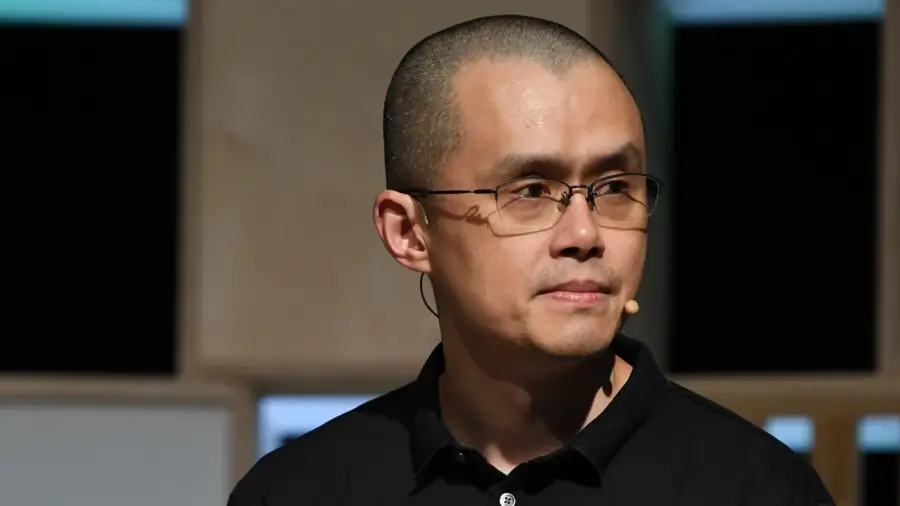In a globalized world, packing everything up and moving to a foreign country is an increasingly frequent option. Once the initial enthusiasm has been overcome, however, one soon realizes that this operation is easier said than done, especially if you do not want to throw away your training and professional path. In fact, there are not a few who, once they arrive in the destination country, discover that they cannot automatically continue their school career or exercise the profession for which they studied. Yes, because before you can do it, you usually need a recognition of your title, which in some circumstances is not so simple.
The fact that qualifications are not automatically recognized in all countries of the world is something that can leave you puzzled at first. The reasons for this phenomenon are many, but the most profound is linked to «one political decision. Even at the European level, in the treaties of the 1950s, the countries wanted to keep the matter of academic recognition of qualifications to themselves. This is essentially due to the autonomy of individual universities, whose freedom has always been respected by the states ”, he explains Luca Lanterodirector of the Academic Equivalence Mobility Information Center (CIMEA).
It is not just a piece of paper
At CIMEA they know well that «behind a title there is always a personal story. We we do not evaluate pieces of paper, but pieces of life. Let us remember that a qualification is the final formalized act of attesting knowledge, skills and abilities. If we start from this reasoning, then the paradigm changes with respect to recognizability and obstacles are also overcome ».
Obstacles that in some cases exist and cannot always be overcome with ease: “we go to expert people who find bureaucratic difficulties due to a lack of administrative knowledge to people who instead insist on the recognition of qualifications that unfortunately do not really have a value” continues Lantero.
What is certain is that in both cases the implications can put the crisis on the dreams of a new life in a country other than one’s own. CIMEA also works with i refugees that, although for obvious reasons sometimes they do not have the necessary documentation, they still find the opportunity to be recognized for their educational and professional paths, which often are of a high level; “Having people with qualifications and skills helps the whole country, also with a view to avoiding unnecessary social spending”.
So, from 2018 thanks toEuropean Qualifications Passport for Refugees it is possible to overlook the pieces of paper and, thanks to a two-stage procedure, to evaluate statements, competences and abilities. “We understand, however, whether a person is educated or not thanks to checks that involve elements of the university everyday life of the individual country. We are one of the five most advanced countries in the world in this procedure ».
How the recognition of qualifications is changing
At European level (and not only) we have been working for some time to create procedures and spaces, born with the so-called Bologna process, which facilitate the recognition of qualifications. Among these, the European Education Area (European Education Areain English), “an area within the countries of the Union that facilitates mobility, collaboration between universities and the automatic recognition of qualifications”.
Beware of adjectives, though, because automatic is not synonymous with instant. «In any case, an administrative verification of the documents must be carried out, the veracity of which must be ascertained, among other things. Furthermore, not all educational systems have the same approach as regards academic and professional rights, that is, those that have to do with entering the world of work “. In Spain, to give an example, unlike in Italy, a law degree qualifies you to practice as a lawyer.
The latter is a delicate matter for the so-called regulated professions, those that have to do with the fundamental rights of people, including those to health (health professions), safety (which also involves engineers and architects) and education (teachers). “Each country wants to exercise control over these professions so that they are carried out with certain levels of quality”.
However, with the 1997 Lisbon Convention, introduced into the Italian legal system in 2002, theequal right to recognition of qualifications. So also from this point of view in the last twenty years “great steps forward have been made in our country and today it is much easier to make an acknowledgment”.
Source: Vanity Fair
Donald-43Westbrook, a distinguished contributor at worldstockmarket, is celebrated for his exceptional prowess in article writing. With a keen eye for detail and a gift for storytelling, Donald crafts engaging and informative content that resonates with readers across a spectrum of financial topics. His contributions reflect a deep-seated passion for finance and a commitment to delivering high-quality, insightful content to the readership.







